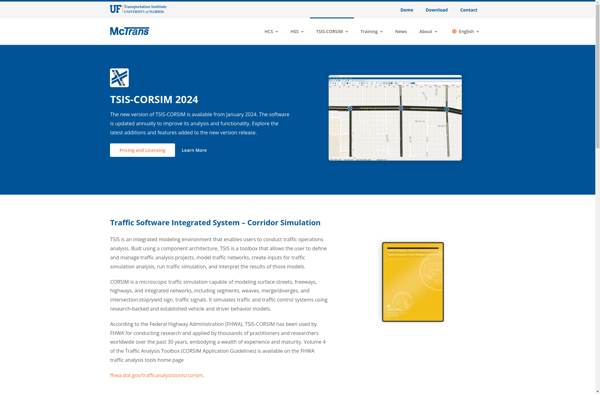TRANSIMS
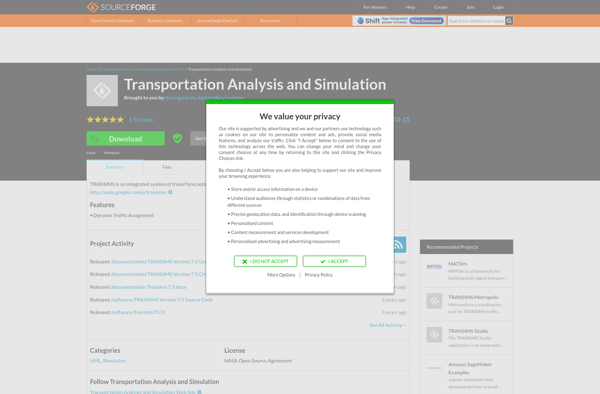
TRANSIMS: Open Source Multi-Modal Transportation Simulation Software
TRANSIMS is an open source, multi-modal transportation simulation software that models travel demand at a microscopic level. It can analyze the transportation systems of entire regions to evaluate infrastructure changes.
What is TRANSIMS?
TRANSIMS (TRansportation ANalysis and SIMulation System) is an open source, multi-modal transportation planning software developed by the Los Alamos National Laboratory. It is designed to model travel demand at a microscopic level by simulating the movement and behavior of individual traveler entities.
Unlike traditional transportation models that use aggregated data, TRANSIMS tracks the movement and interactions of each individual traveler as they make transportation decisions across various modes like car, transit, bike, and walking. It aims to realistically simulate how infrastructure, socioeconomic factors, and traveler preferences affect macro-level transportation system performance.
TRANSIMS models allow transportation planners to evaluate different scenarios and infrastructure changes like adding a new transit line, changing highway capacity, adjusting tolls or parking costs, etc. The software analyzes the emergent effects on congestion, transit crowding, mode choices, vehicle miles traveled, accessibility and more.
The open source tools can handle an entire region with millions of individual travelers making it well-suited for metropolitan transportation planning organizations. The high-fidelity simulations can provide deeper insights compared to traditional modeling approaches. The modular architecture also allows customizing various model elements for specific planning use cases.
TRANSIMS Features
Features
- Microscopic traffic simulation
- Multimodal transportation modeling
- Activity-based travel demand modeling
- Detailed representation of transportation infrastructure
Pricing
- Open Source
Pros
Cons
Official Links
Reviews & Ratings
Login to ReviewThe Best TRANSIMS Alternatives
Top Ai Tools & Services and Transportation Modeling and other similar apps like TRANSIMS
Here are some alternatives to TRANSIMS:
Suggest an alternative ❐Anylogic
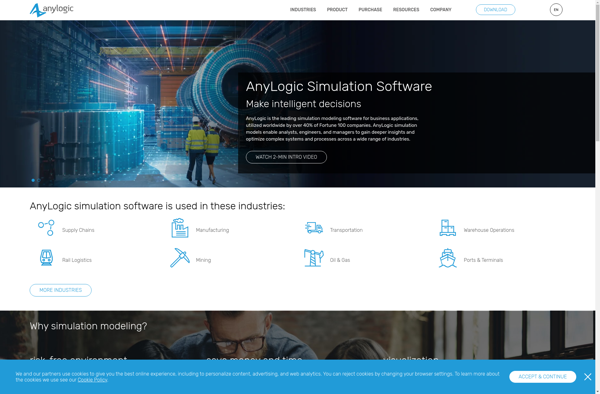
PTV Visum

MATSim
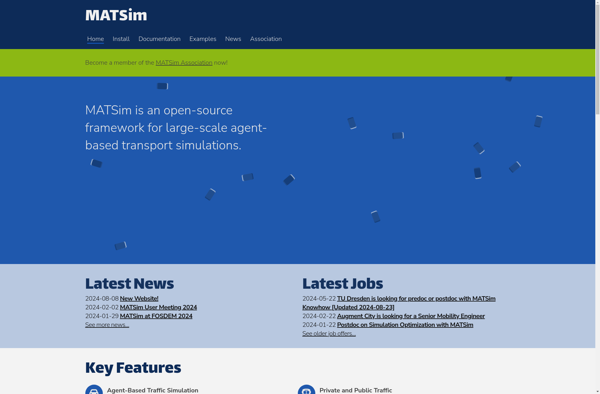
Simulation of Urban MObility (SUMO)
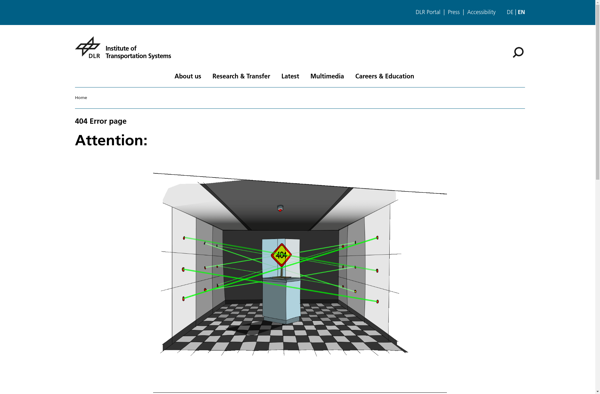
Aimsun Next
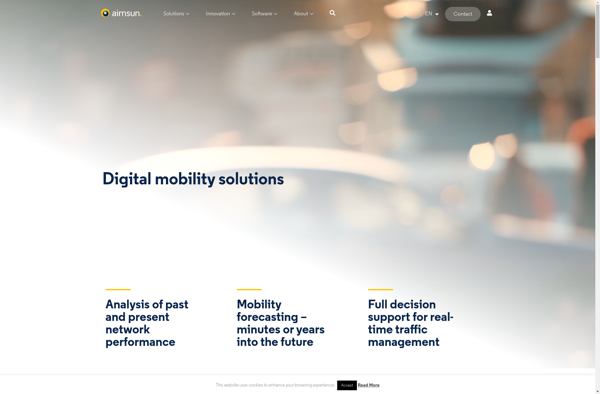
HCS
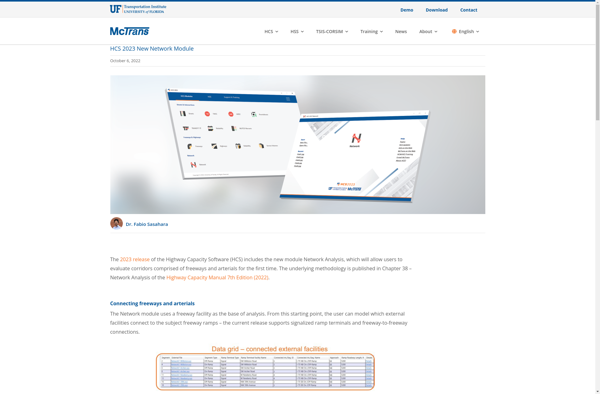
Quadstone Paramics

The Repast Suite
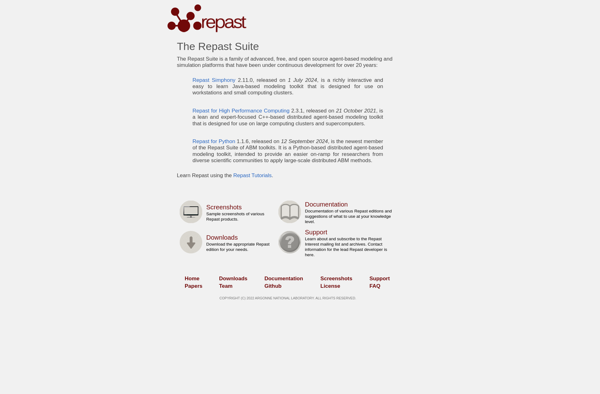
TransModeler
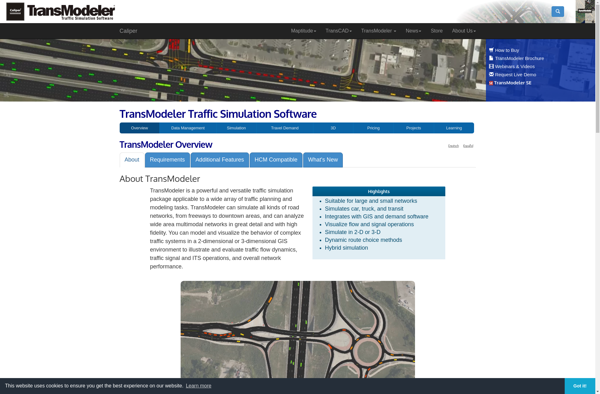
TSIS-CORSIM
